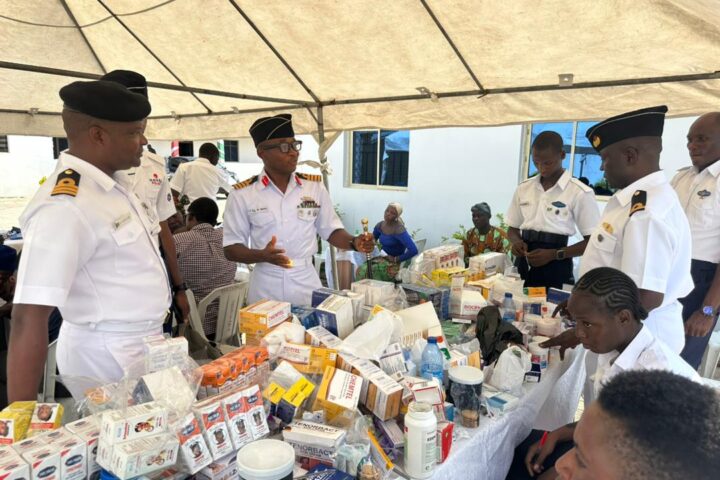Mohammed Shosanya
The Nigeria Centre for Disease Control and Prevention (NCDC) has issued urgent advisory as the country faces concurrent risks from Lassa fever and cerebrospinal meningitis (CSM), two deadly diseases that have surged with the approach of the dry season.
At a press conference in Abuja on Tuesday,Dr. Jide Idris,Director General of the NCDC,implored Nigerians to take proactive measures, emphasizing that both diseases pose significant threats to public health.
He said:”Lassa fever and cerebrospinal meningitis are not just health challenges; they disrupt families, livelihoods, and strain our healthcare systems.
“In 2024 alone,we have seen a worrying increase in cases and deaths from Lassa fever across 28 states, with over 1,000 confirmed cases and 174 deaths reported. Meanwhile, CSM remains a recurrent issue, especially in the high-burden northern states.
“NCDC data indicates that Lassa fever, a viral hemorrhagic illness primarily transmitted through contact with the multimammate rat, has continued to spread. “Deforestation, bush burning, and climate-driven displacement of rodents into human habitats increase exposure”
According to him,symptoms of Lassa fever,which often start with fever, headache,and weakness,can rapidly progress to severe cases involving bleeding from bodily openings.
He urged Nigerians to maintain clean homes,block entry points to prevent rodents and securely store food in rodent-proof containers, dispose of refuse properly,and keep garbage far from homes reduces rodent attraction.
On hygiene,he said regular hand washing and use of hand sanitizers can prevent the spread. While urging citizens to seek medical attention early symptoms similar to malaria should prompt a hospital visit, as early treatment increases survival chances.
For healthcare workers, Dr. Idris emphasized the importance of personal protective equipment (PPE) to reduce risks,adding that:“Healthcare workers must stay vigilant and report all suspected cases to enable a swift response”.
Alongside Lassa fever,cerebrospinal meningitis poses a heightened risk as the dry season’s dusty winds and crowded living conditions in northern Nigeria exacerbate its spread.
CSM, an inflammation of the brain and spinal cord covering, primarily spreads through person-to-person contact. Over the past year, Nigeria recorded 4,915 suspected and 380 confirmed CSM cases, with 361 fatalities.
Dr. Idris also reminded healthcare workers to use PPE rigorously, especially when treating febrile patients, and to report any suspected cases of CSM immediately.
He said:”Both Lassa fever and CSM require a coordinated, nationwide approach,” Dr. Idris emphasized, calling for “an all-of-society response” to protect Nigerians and prevent further outbreaks. The NCDC, in partnership with the Federal Ministry of Health, is ramping up surveillance, public education, and healthcare training initiatives”.
This effort, Dr. Idris noted, “will help reduce strain on healthcare resources and save lives as we confront these critical health threats.”



















